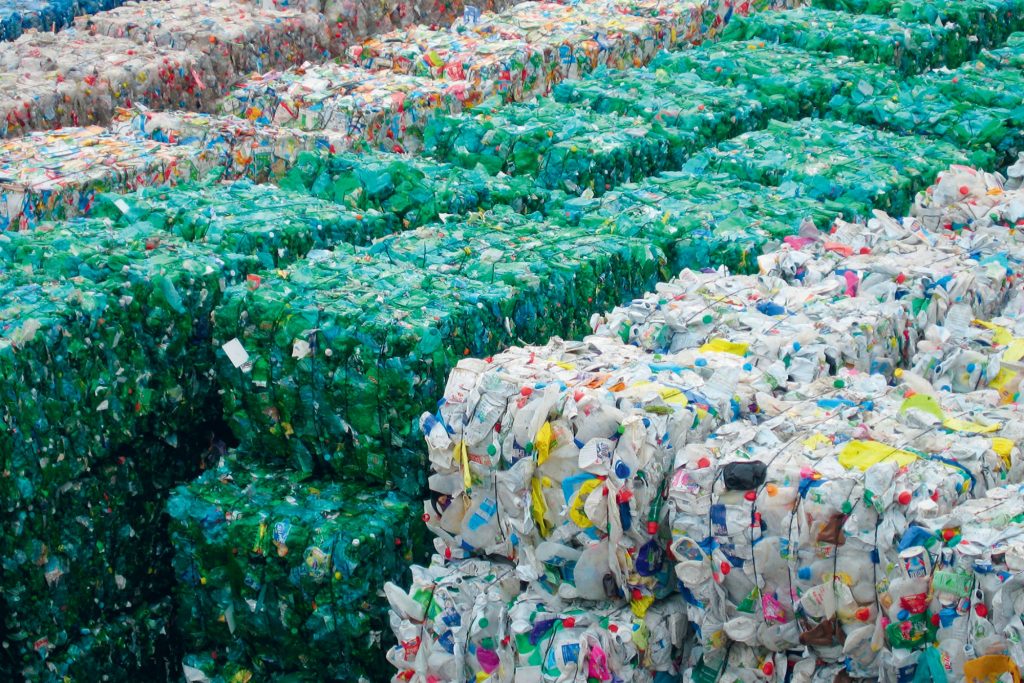B3011: The Green Light for Plastic Recycling.

What is B3011?
B3011 is a specific waste code under the Basel Convention that classifies certain types of plastic waste for recycling. This code allows exporters to ship these plastics without prior approval from the importing country. However, the plastic must meet strict criteria.
Key Requirements for B3011 Waste:
- Purity: The plastic must primarily consist of a single non-halogenated polymer, such as polyethylene (PE), polypropylene (PP), or polyethylene terephthalate (PET).
- Cleanliness: Exporters must ensure the waste is free of contaminants like hazardous substances, other types of waste, and excessive impurities.
- Homogeneity: The plastic should not be mixed with other materials like paper, metal, or organic matter.
Clarification:
The actual legislation references that the shipment should be “almost free from contamination and other types of wastes”. This can be highly subjective as it would be impossible under visual inspection to determine the total weight of “other types of waste”. The EU therefore provide more guidance in this area stating that; “in a consignment of mixtures of plastic waste (consisting of PE, PP and/or PET) classified under entry B3011, the content of contamination and other types of wastes should not exceed a total maximum of 2 % of the weight of the consignment.
However, for single-stream shipments where only one polymer type is present, the EU expands the accepted level of contamination to 6%.
Benefits of B3011 Classification:
- Smoother Trade: Waste is considered less hazardous, making international trade easier.
- Environmental Impact: It promotes responsible plastic waste management and recycling.
- Economic Benefits: B3011 can contribute to the circular economy by reducing waste and creating value from recycled materials.
Important Considerations:
- Compliance: Exporters must ensure their waste meets all the required criteria to avoid legal issues and potential rejection.
- Inspections: Even this waste can undergo inspections and potential rejection if it doesn’t meet standards.
- Risks: Non-compliance can lead to delays, additional costs, and restrictions on future exports.
- Documentation: Exporters must provide comprehensive documentation to prove their waste meets B3011 requirements.
- Transparency: Transparency in the plastic waste trade is crucial for ensuring that materials are recycled responsibly and not illegally dumped.
More information can be found on the .EU website
Conclusion
B3011 is a valuable tool for promoting the circular economy and responsible plastic waste management. However, exporters must understand the specific requirements and potential risks associated with this classification. By adhering to B3011 standards and promoting transparency, exporters can contribute to a more sustainable future.
Speak to one of our Product Managers about exporting your material.
